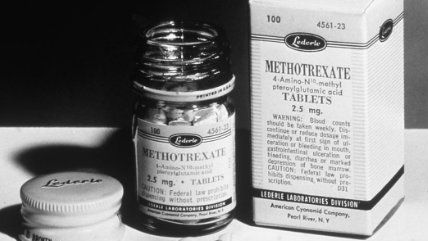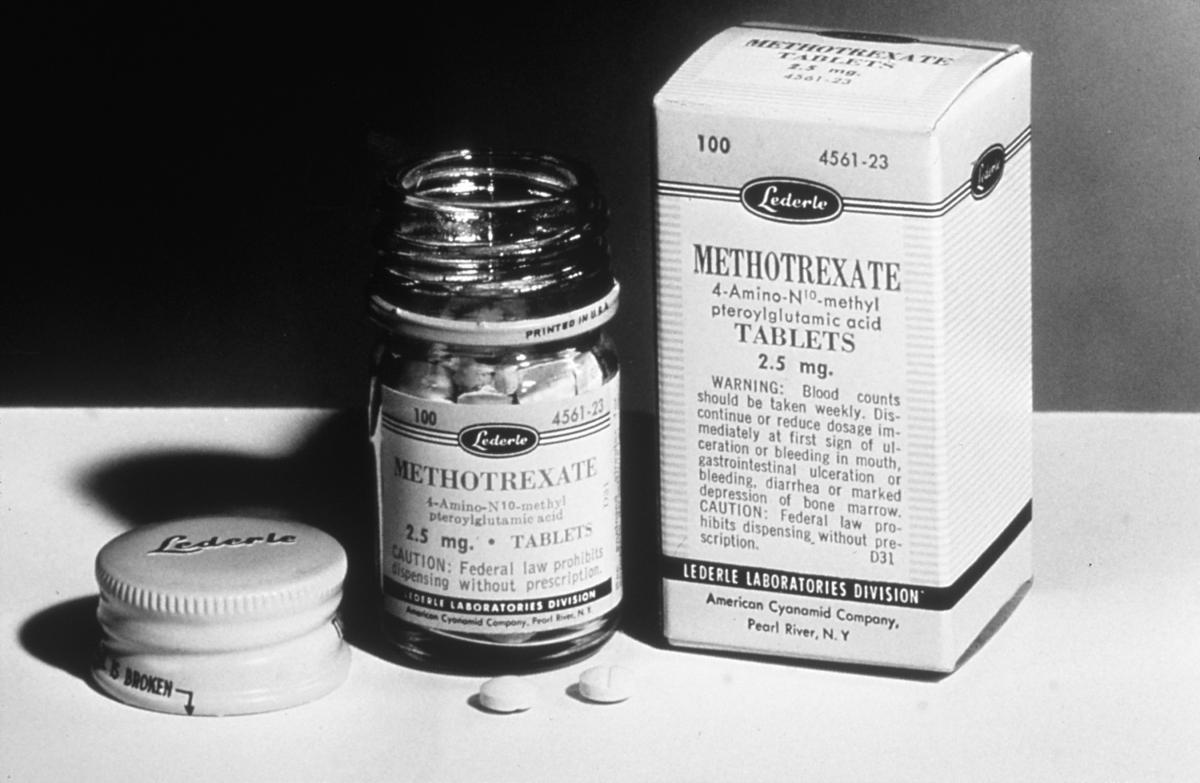Purvi Patel Appeals 20-Year Feticide Sentence for Self-Induced Abortion
Patel was sentenced to 20 years in prison for taking the abortion pill without a doctor's supervision-or at least that's how her supporters portray the situation.


Feticide laws were originally enacted to punish crimes against pregnant women that also result in the death of the fetus inside her. Indiana is now using its feticide law to punish a woman for possibly self-inducing an abortion. Last year, the state sentenced Purvi Patel to 20 years in prison for taking the abortion pill without a doctor's supervision—or at least that's how Patlel's supporters portray the situation. The complicated and controversial case came before the Indiana Court of Appeals on Monday.
According to documents from Patel's trial, she became pregnant in 2013 and decided to have an abortion because she feared what her religious parents would think. But Patel was also worried that it was too late for her to be prescribed the abortion pill, which is only approved for use through the ninth week of pregnancy. Text messages she sent to a friend said she had ordered the drugs herself from a pharmacy in Hong Kong, although Patel's defense claimed at trial that she never took the drugs.
Indeed, testing found no traces of the abortion drugs in Patel's system. But as Homicide Crime Scene Technician Tom Cameron testified at Patel's trial, there is no scientifically reliable way to test for those medications.
The situation came to the attention of police when Patel showed up to the St. Joseph hospital emergency room with excessive bleeding. When pressed, she claimed that she had miscarried, giving birth to a stillborn. Patel said she deposited the stillborn fetus in a dumpster behind the restaurant (owned by Patel's family) where she worked. Hospital staff reported this information to local police, who then found the fetus and arrested Patel.
She was charged with both feticide and child neglect. Prosecutors said the charges were not contradictory, as Patel could have illegally attempted to terminate her pregnancy, given birth to a live child anyway, and then let it die. A jury agreed, finding her guilty on both accounts.
Appearing before the appeals court yesterday, Patel's lawyer, Lawrence Marshall, argued that "the evidence in this case [for a child neglect charge] was not there whatsoever. Not a single expert ever said—in any sort of declarative way—that yes, this infant would have survived had Ms. Patel done differently." As for the feticide charge, Marshall argued that Indiana's feticide statute was not intended to be applied to women for "unlawful abortion." The state, of course, claimed otherwise.
It's not clear when the appeals court will issue its decision.
"If this case were only about a woman who clearly gave birth to a live baby and then killed her child, it would be clear cut," noted The New York Times' Emily Bazelon last year.
There is a line between pregnancy and birth, and once it is crossed, the state has just as much at stake in protecting the life of a newborn as it does in protecting the life of anyone else. But the evidence that Patel's baby was born alive is sharply contested. The pathologist who testified for the defense, Shaku Teas, said the baby was stillborn. Teas told the court the fetus was at 23 or 24 weeks gestation and that its lungs weren't developed enough to breathe. (Here's more support for this position.) But the pathologist for the prosecution, Joseph Prahlow, testified that the fetus was further along than that — at 25 to 30 weeks gestation, which is past the point of viability — and was born alive.
[…] Whatever happened to Patel and her baby at the point of delivery, it's hard to imagine that either the prosecution or the judge at sentencing would have come down as hard on her if they weren't sure she'd tried to induce her own illegal abortion. And this is where Patel's case moves from a fight over birth to a fight over pregnancy.
More than two-dozen self-described "health and bioethics experts" and "reproductive justice and women's rights organizations"—including New York University Law School's Carr Center for Reproductive Justice and the National Advocates for Pregnant Women—filed an amici curiae brief in support of Patel before her trial. "The prosecution of Purvi Patel will undermine public health and violate numerous fundamental constitutional rights in the service of no compelling, important, or even rational purpose," they wrote. "The prosecution seeks to establish the principle that by becoming pregnant, women may be subject to criminal charges depending on the circumstances of or outcomes of those pregnancies, including the all too common experiences of stillbirth. … Stillbirths, miscarriages, abortions (including those that are self-induced and do not conform to abortion regulations), and women's mental health during pregnancy are health issues, not matters for the criminal justice system."
At least one judge on the Indiana Court of Appeals seems sympathetic to this view. During yesterday's hearing, Judge L. Mark Bailey questioned whether the use of other harmful substances, such as cigarettes or alcohol, would justify feticide charges in the event that something went wrong with the pregnancy. "I mean, what is it that we're going to start prosecuting here?" Bailey asked.
Indiana Attorney General Greg Zoeller stated that "the state's position remains that … the trial court acted within their discretion under this tragic set of circumstances."


Show Comments (73)